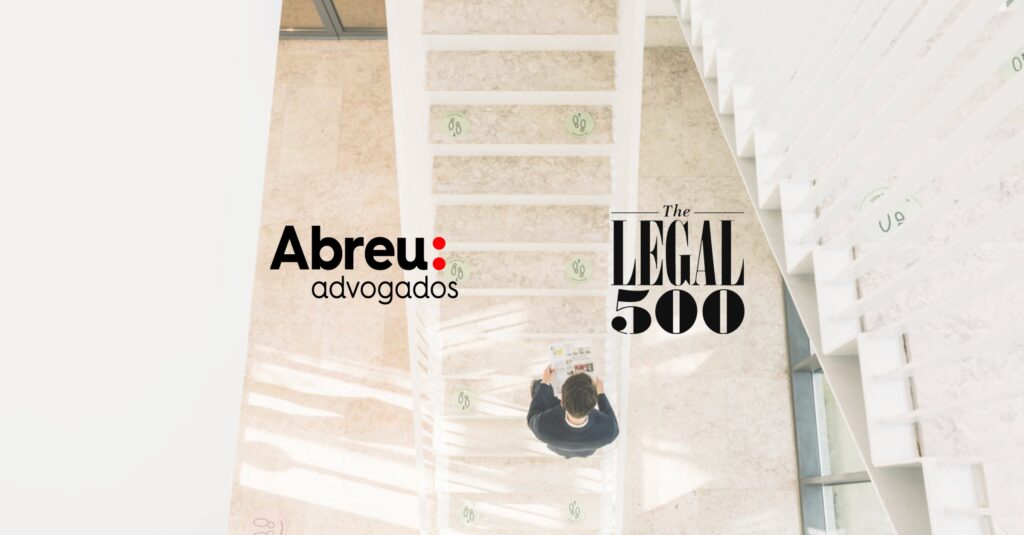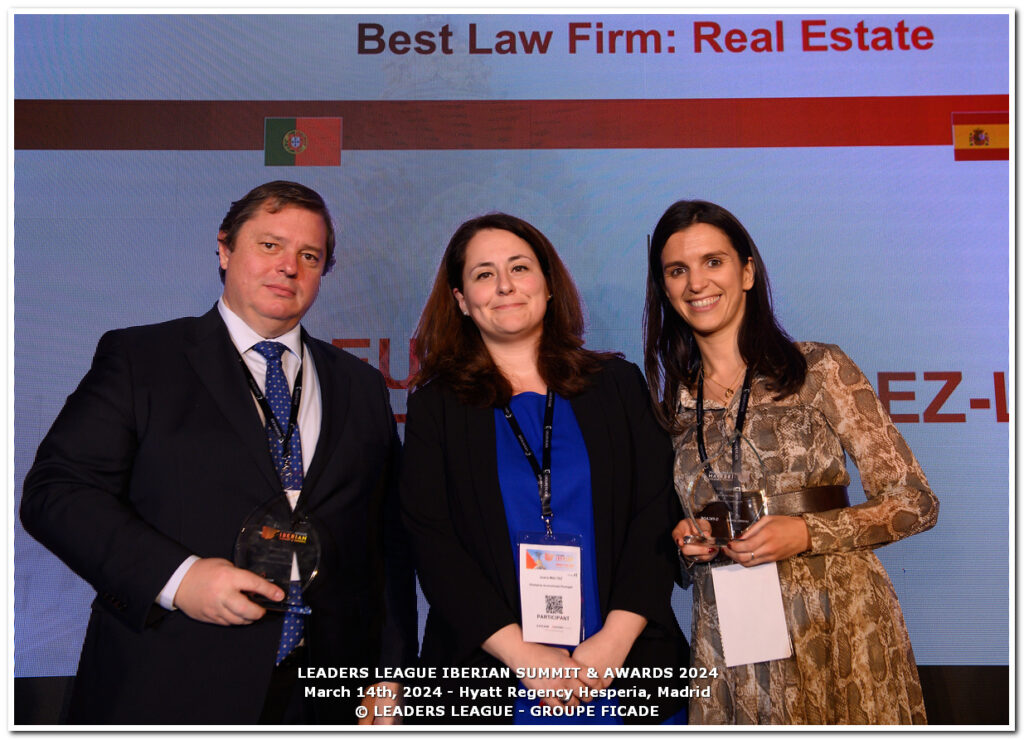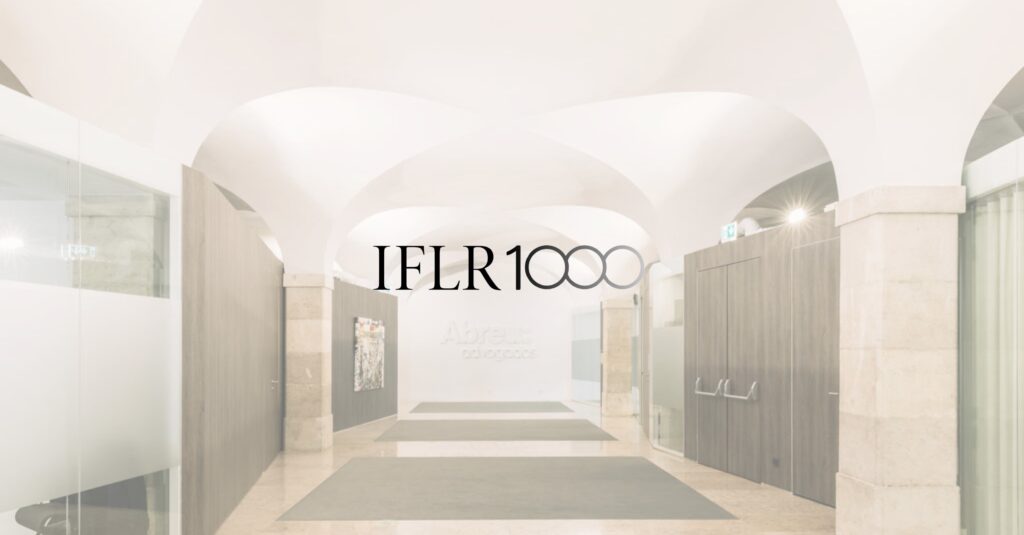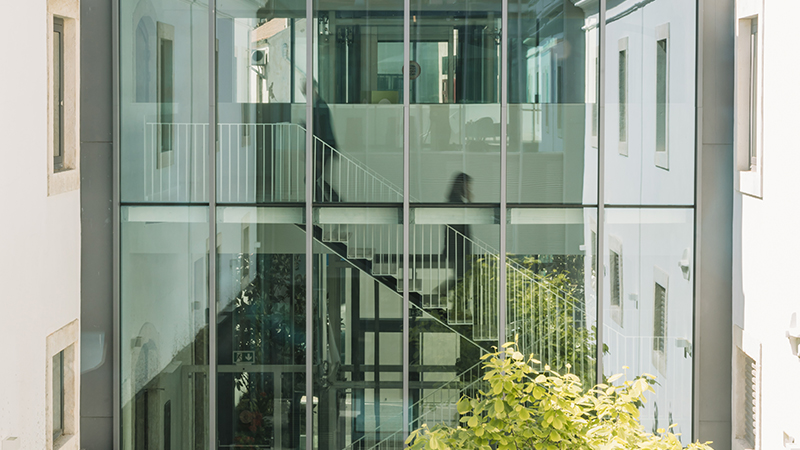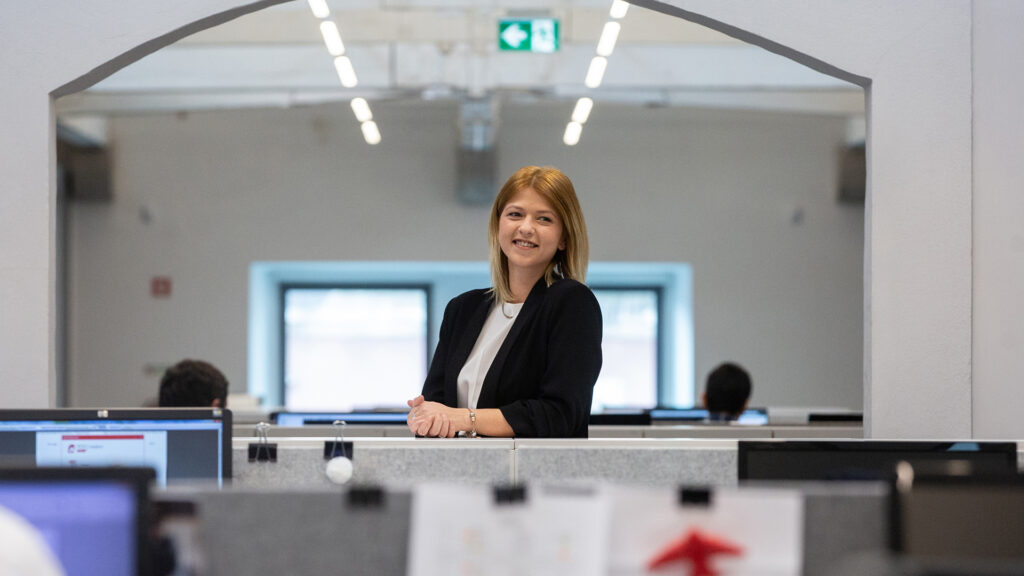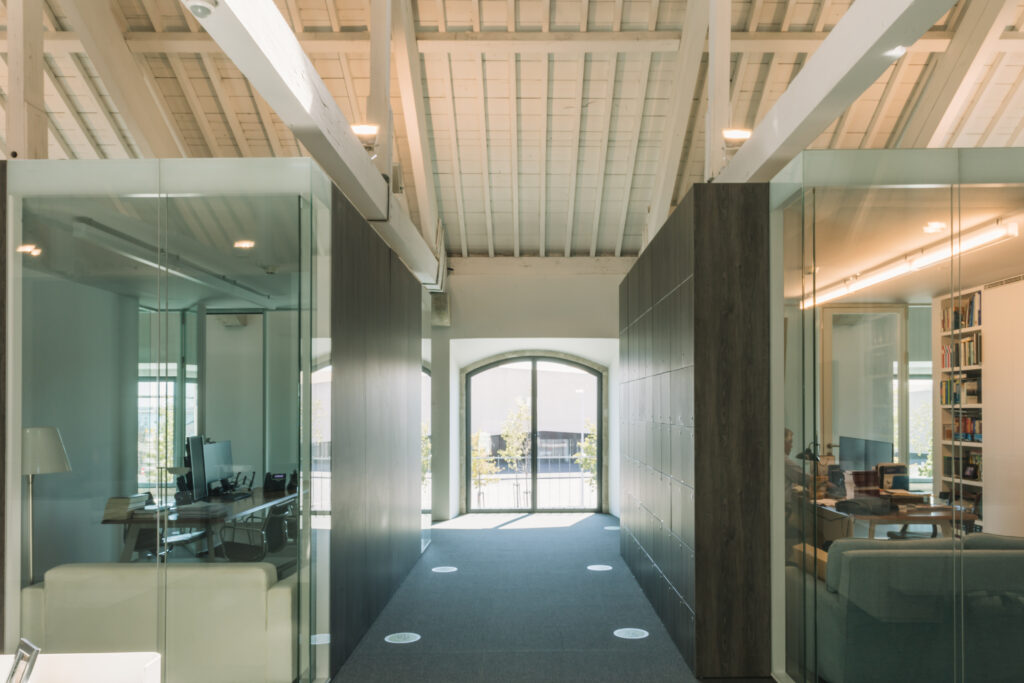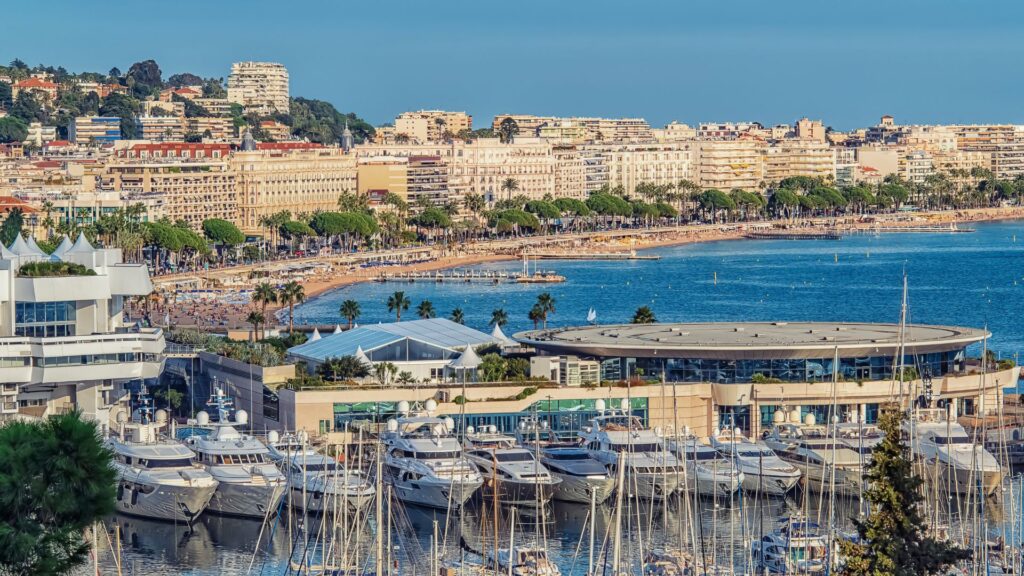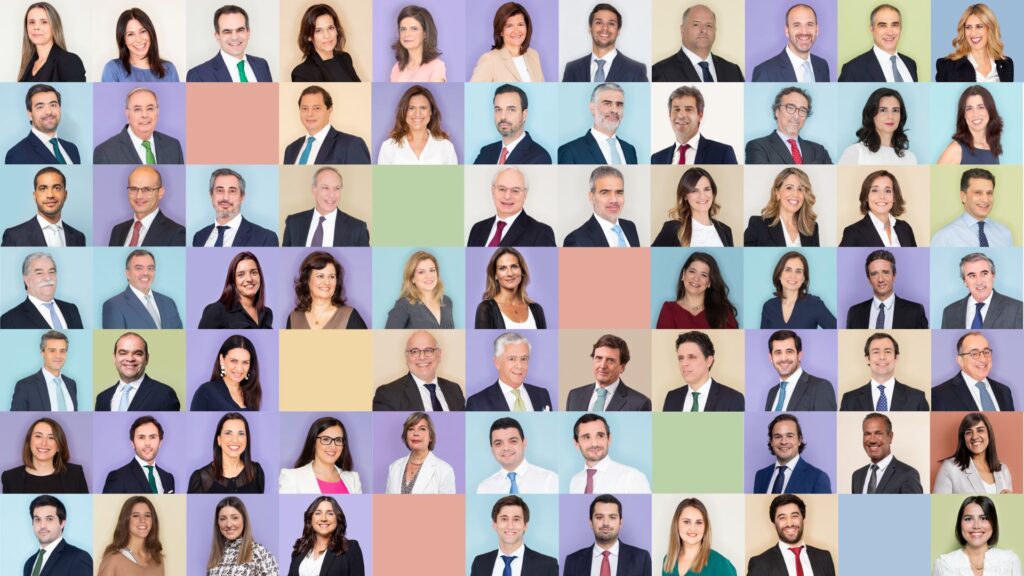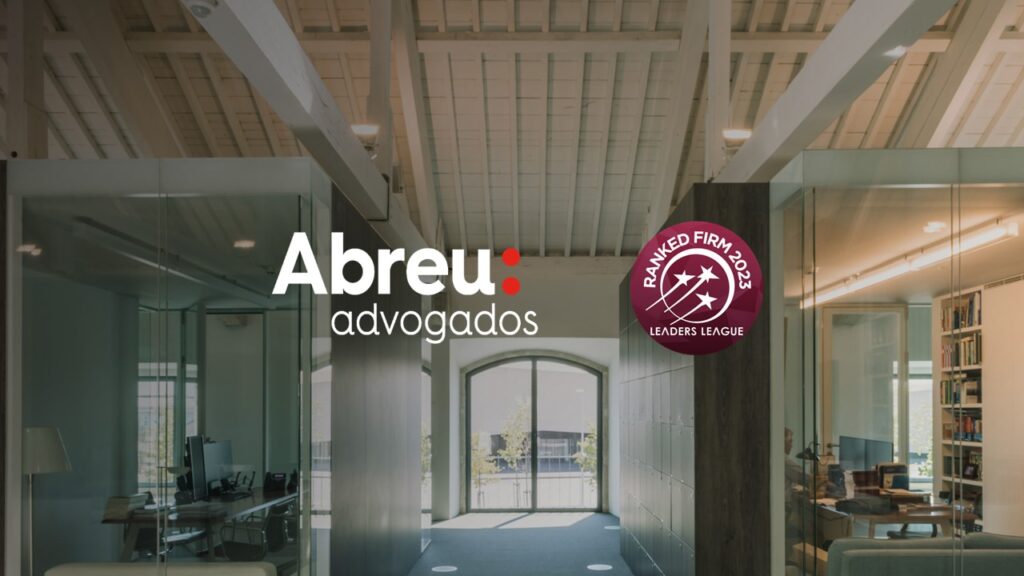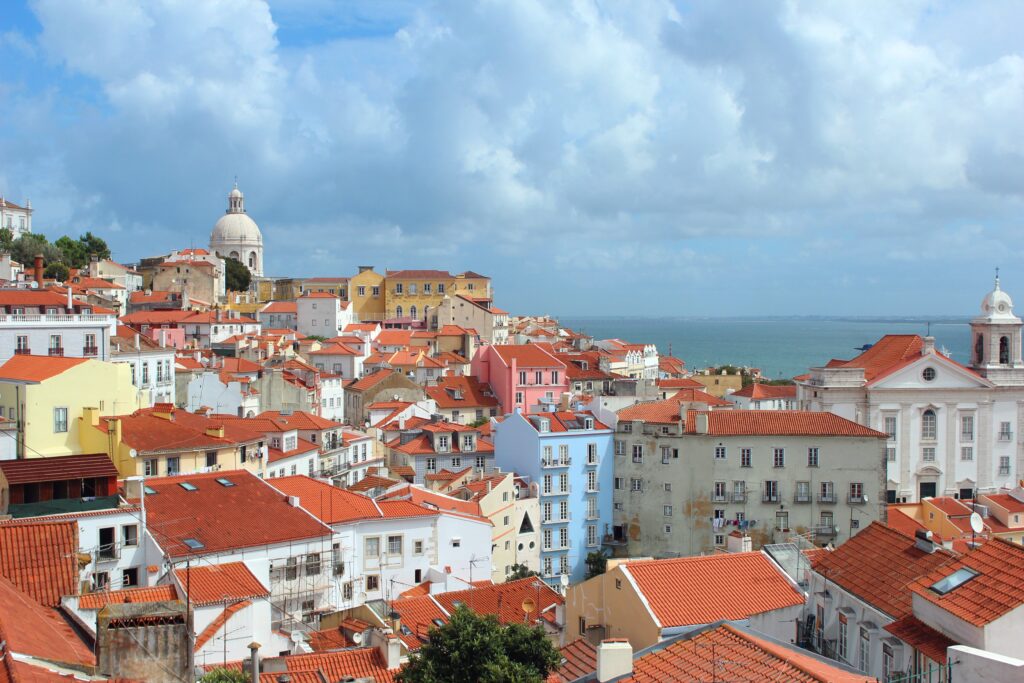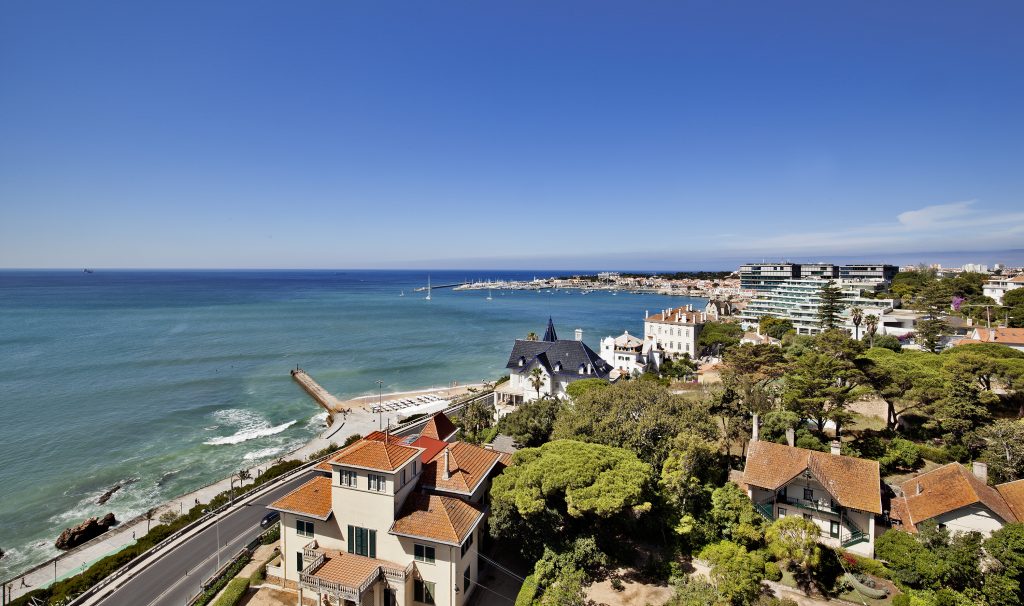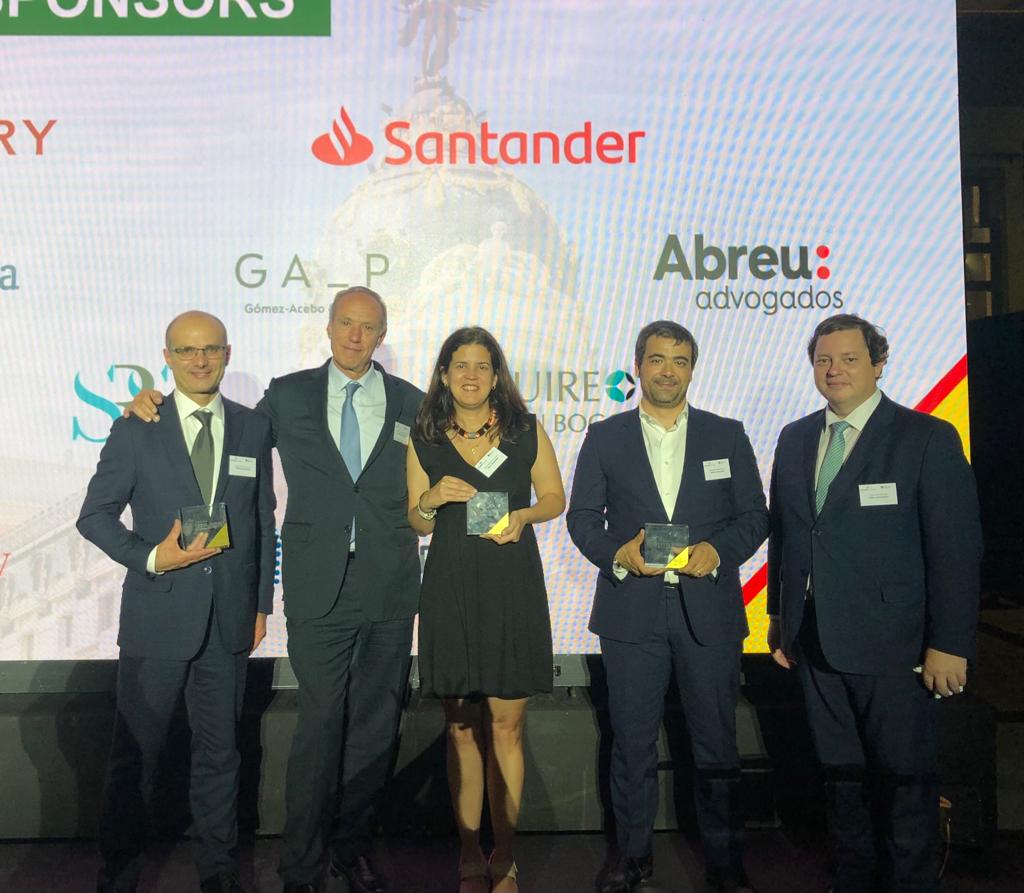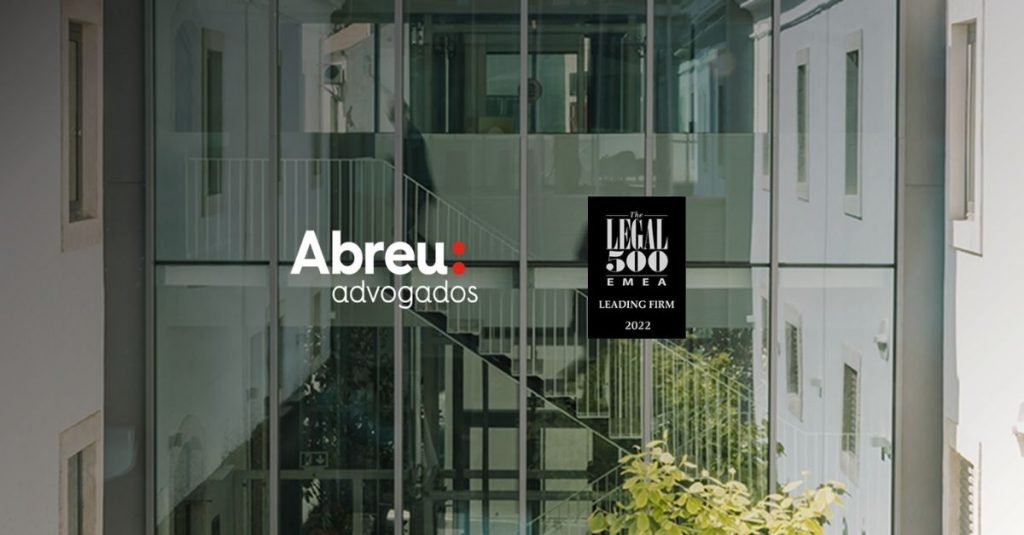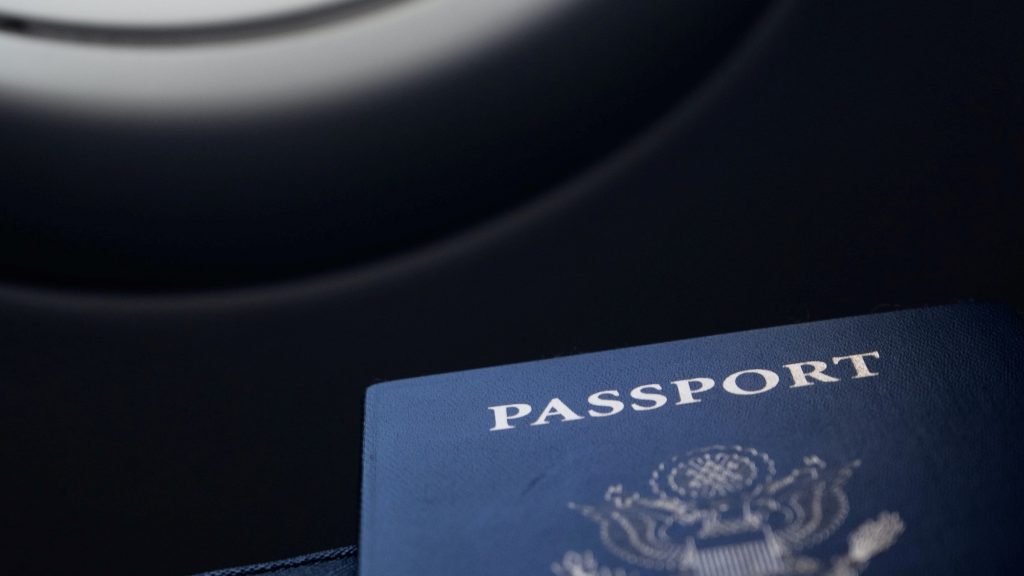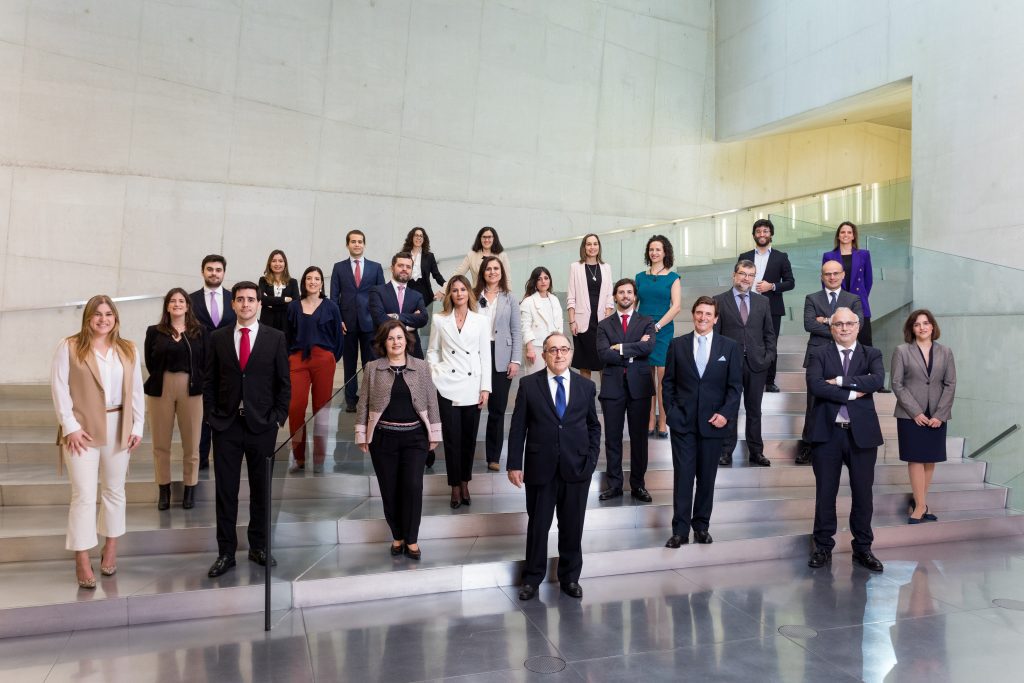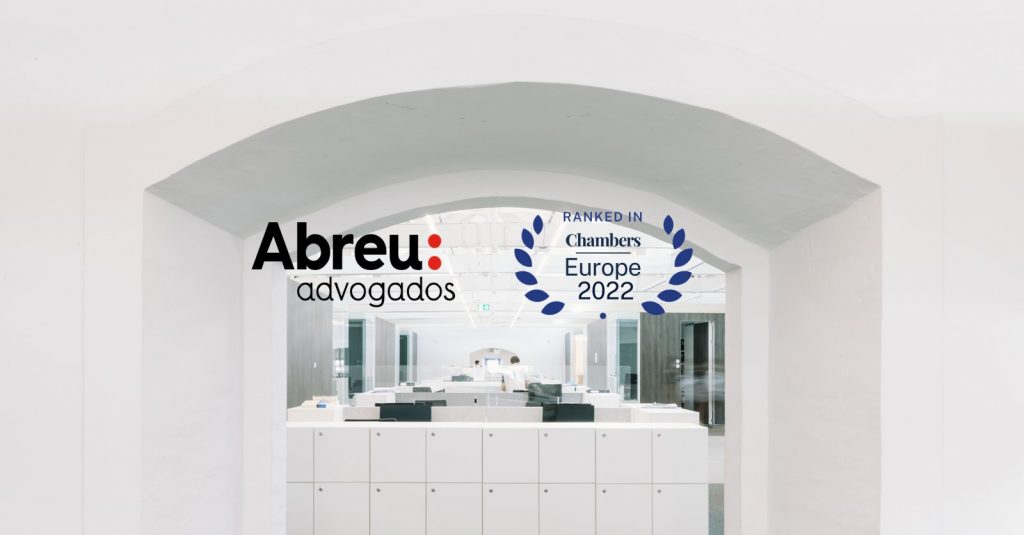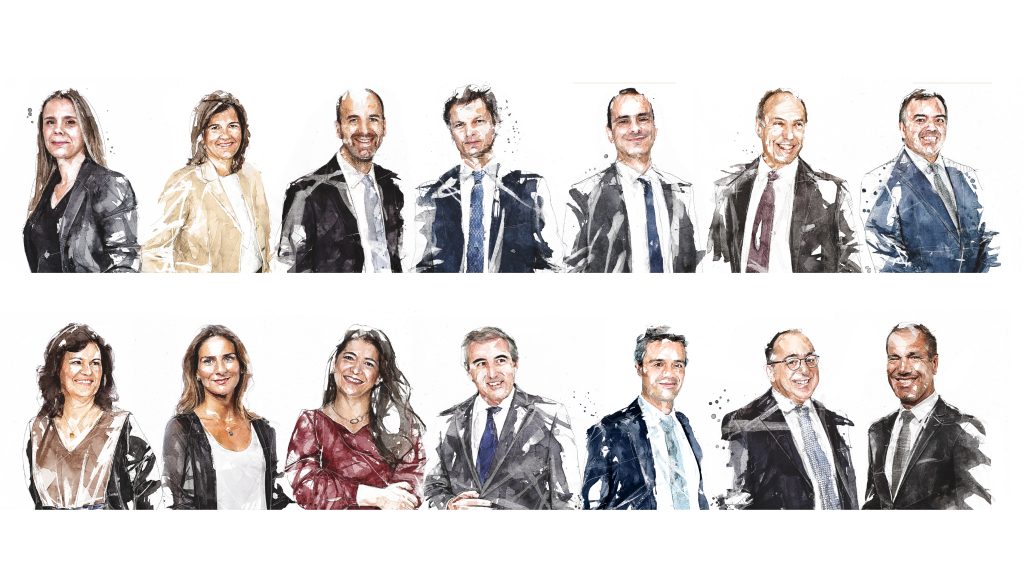Residence and Temporary Stay Visa for “Digital Nomads”
Since 2007, Portugal has undertaken legislative efforts to keep up with the global dynamics on migration, while seeking to capitalize on the potential that the country presents and attract various people who are looking for establishing their residence in another country, invest, work or study. Along this path, on 26 August 2022, the ninth amendment to Law no. 23/2007, of 4 July, which regulates the entry, stay, exit and removal of foreigners from Portugal, came into force and introduced several provisions that simplify the visa access procedures or residence permits in Portugal, with the aim of creating a greater incentive for foreign citizens to set a residence in Portugal.
Of the various amendments introduced, at a time when the world is recovering from the pandemic caused by Covid-19, more and more companies are resorting and adapting to working remotely with the consequential advantages brought by the new communication technologies, and which allow people to work from various parts of the world, we highlight the creation of two visas that frame these situations:
- Temporary stay visa for exercising a subordinate or independent professional activity, provided remotely, to an individual or collective person with residence or head office outside national territory (has a duration of up to 1 year, renewable for an equal period);
- Residence visa for the exercise of professional activity remotely provided outside national territory (allows a foreigner to enter Portugal for a period of 4 months and subsequently apply for a residence permit valid for a minimum period of 2 years, renewable for subsequent periods of 3 years), known as “visa for digital nomads”.
Until then, these situations were framed within the D7 visa if the applicants could prove to have regular income allowing them to stay in Portugal. In fact, since there was not a specific institute for these situations, Portuguese authorities and foreign citizens used this type of visa to fill the gap in the Law due to the evolution of world reality.
However, the need to create a specific visa for these situations was finally recognized, as there are many applicants who would be left out, for not fulfilling all the requirements foreseen for the attribution of the D7 visa.
Along these lines, in November 2022 the seventh alteration to Regulatory Decree no. 84/2007, of 5 November, came into force, regulating the processing procedure and beginning the attribution of this type of visa.
Thus, in addition to the general documentation required for the granting of a visa or residence permit, it will be required to present documentation related to the exercise of their activity abroad, namely, a promissory or work agreement, a statement from the employer proving the employment relationship in cases of exercising of a labor activity, proof of an average monthly income and a document attesting to their tax residence.
Concerning the citizens who exercise independent professional activity, it will be necessary to present a partnership contract, a proposal or contract for the provision of services, a document proving the provision of services to one or more entities and a document certifying the tax residence.
Regarding the visa application procedure and processing, they remain identical to those stipulated for the other temporary stay or residence visas.
This is undoubtedly a great step in the dynamization and internationalization of Portugal, which will allow foreigners who wanted to continue working for foreign entities to enjoy the better living conditions and potential that Portugal has to offer.







